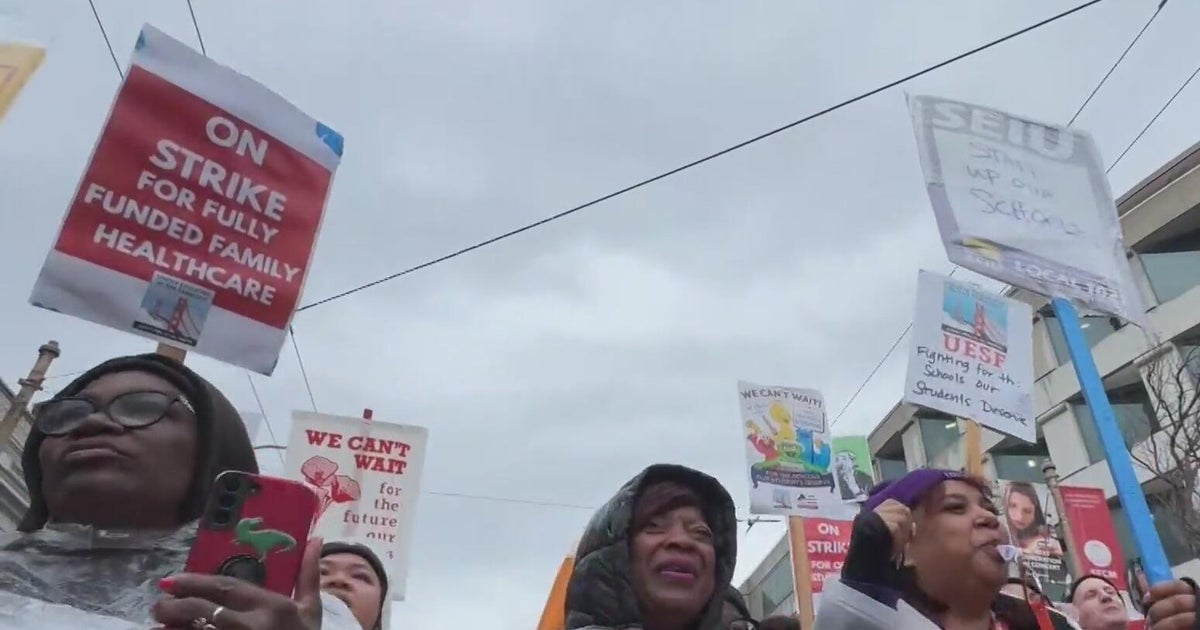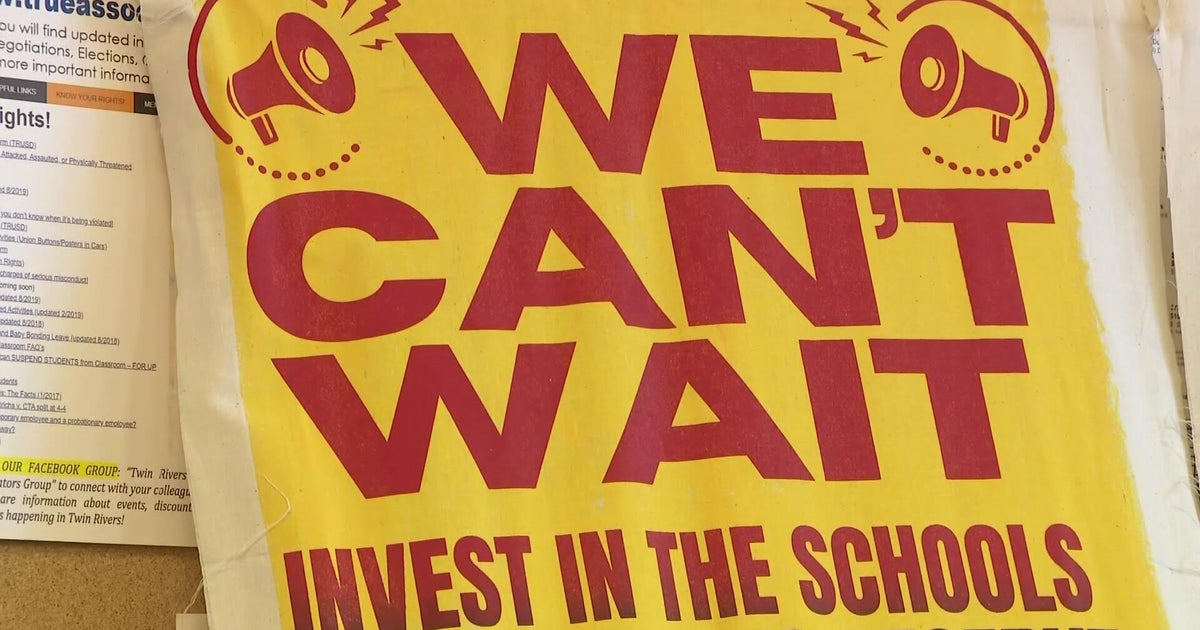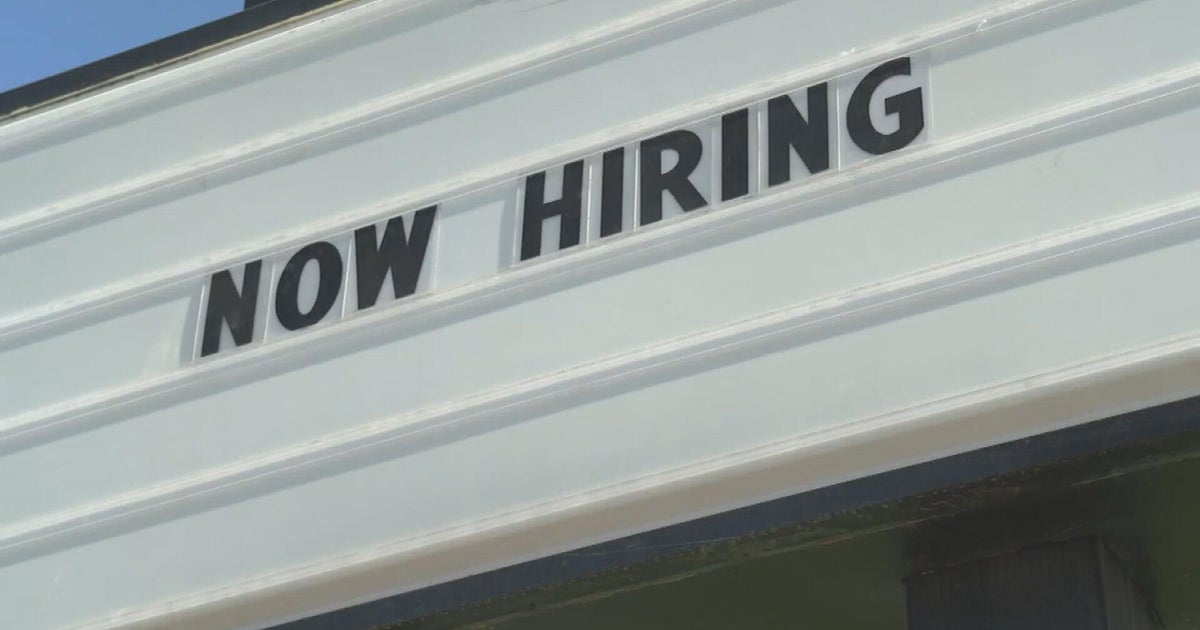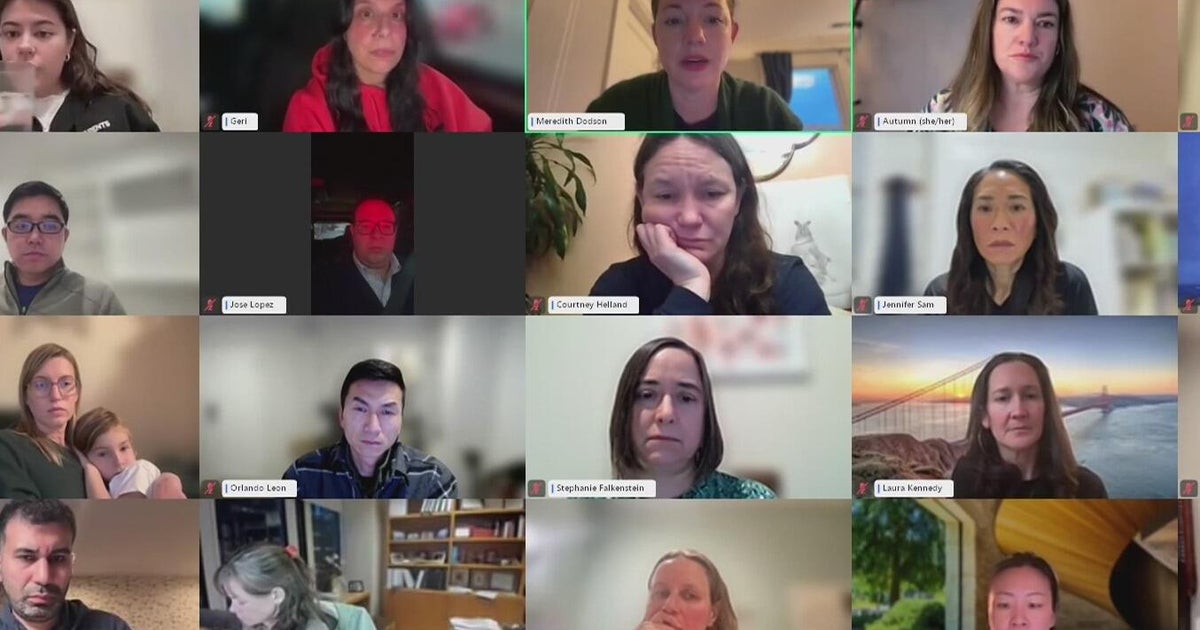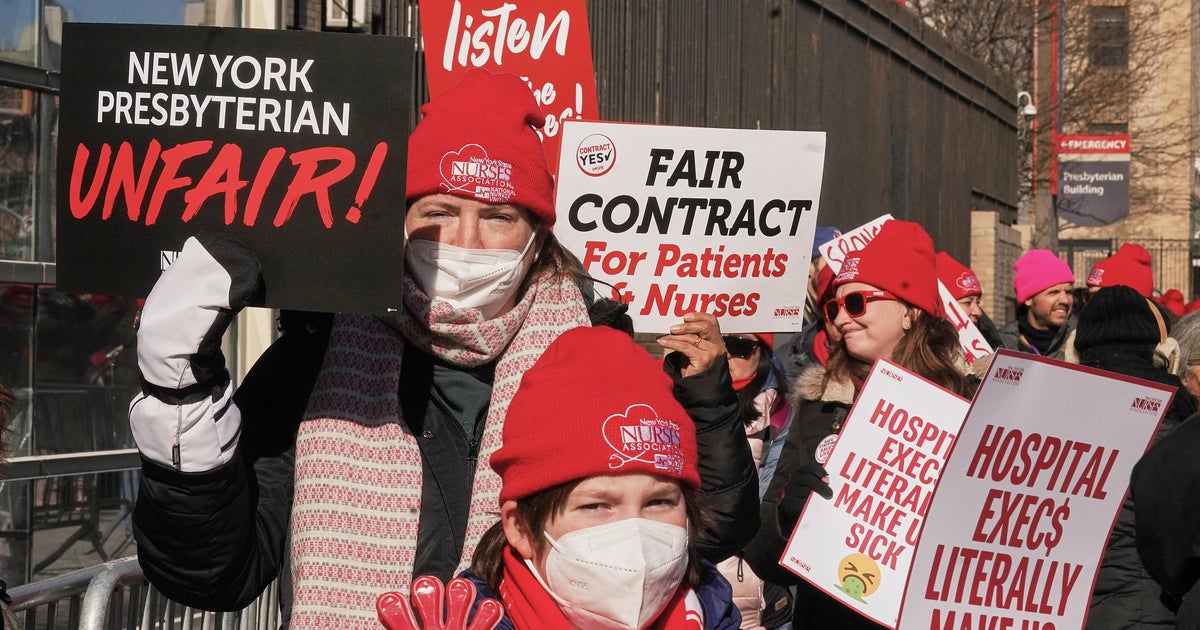Berkeley Day Camp workers strike as larger action looms
A small group of Berkeley recreation workers went on strike Thursday over what they say is the city's intransigence over cost-of-living wage increases.
The 12 Berkeley Day Camp workers are members of Service Employees International Union Local 1021 and their action could be the first trickle that leads to an eventual flood of labor actions by roughly half the city's workforce.
Thursday's strikers, who make about $22 an hour, are all part-time counselors who entertain and care for the camp's population of roughly 150 kids ages 5 to 13 during its summer operations.
"It's significant because it's not just any 12 workers, it's pretty much the entire division of the Berkeley Day Camp, all the lead counselors walked out," said Chris Naso with SEIU Local 1021.
Because of the way the city schedules wages, the striking workers actually make less than the employees they supervise, Naso said.
To remedy this, they want their wages tied to the area's median income and to inflation.
The two sides last spoke substantively in March, when the city said it was having trouble recruiting recreational activity leaders and asked the union to agree to lower the job experience requirements for that type of worker from two years to one, Naso said.
"We said, 'No, we think you should pay them more. That will help with the competitiveness and retention of these workers,'" he said.
But after some initial back-and-forth, the city has yet to respond to the union's last offer, Naso said.
Union leadership believes the city hasn't been bargaining in good faith and filed an unfair labor practices complaint with state regulators recently.
City officials said ten Day Camp workers unexpectedly didn't show up for work Thursday but other staff from the Recreation Division stepped in to cover for them.
"At no point during the day were our staff-to-child ratios affected and the camp remained in full compliance with our safety standards," according to an emailed statement.
City officials also said there is no staffing shortage, that the workers in question are among the top paid for their kind of work in the Bay Area and that they have received and will continue to receive cost-of-living wage increases.
The strike is expected to continue through Friday, the last day of Berkeley Day Camp's summer schedule, but after that additional strikes featuring roughly half the city's workforce could loom in the future.
Since June 26, about 700 additional SEIU 1021 and the AFSCME PEU Local 1 union workers have been working without a contract and are also asking the city to link their wages to the area's median income and to inflation.
The two unions want to bargain jointly and to allow the public to observe the talks via a video conferencing platform, both of which the city opposes, Naso said.
"There's the potential, if the city doesn't make movement, for this to expand beyond (the Berkeley Day Camp strike)," he said. "We don't want to do that but we're organizing our workers to be prepared if necessary."

